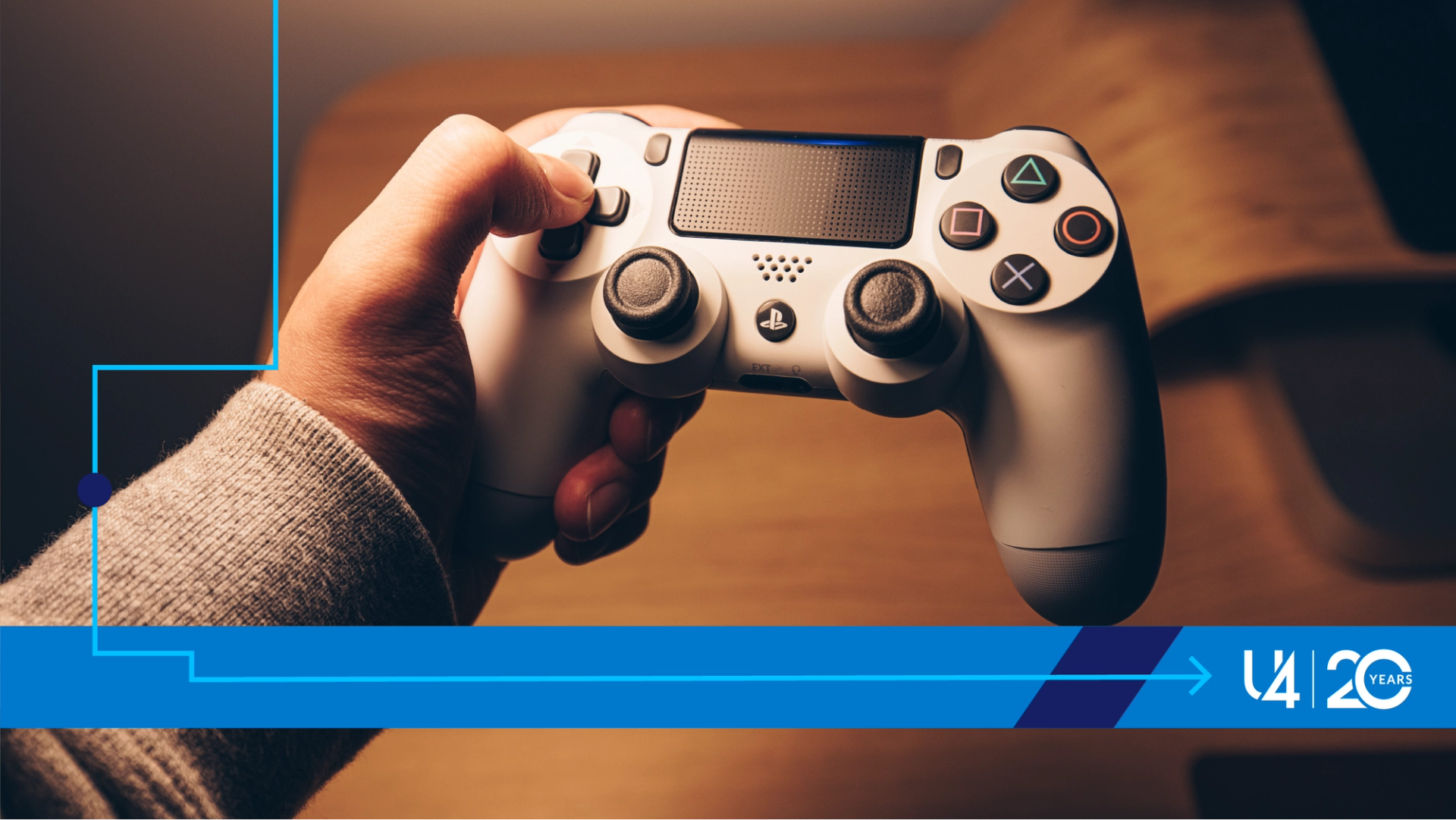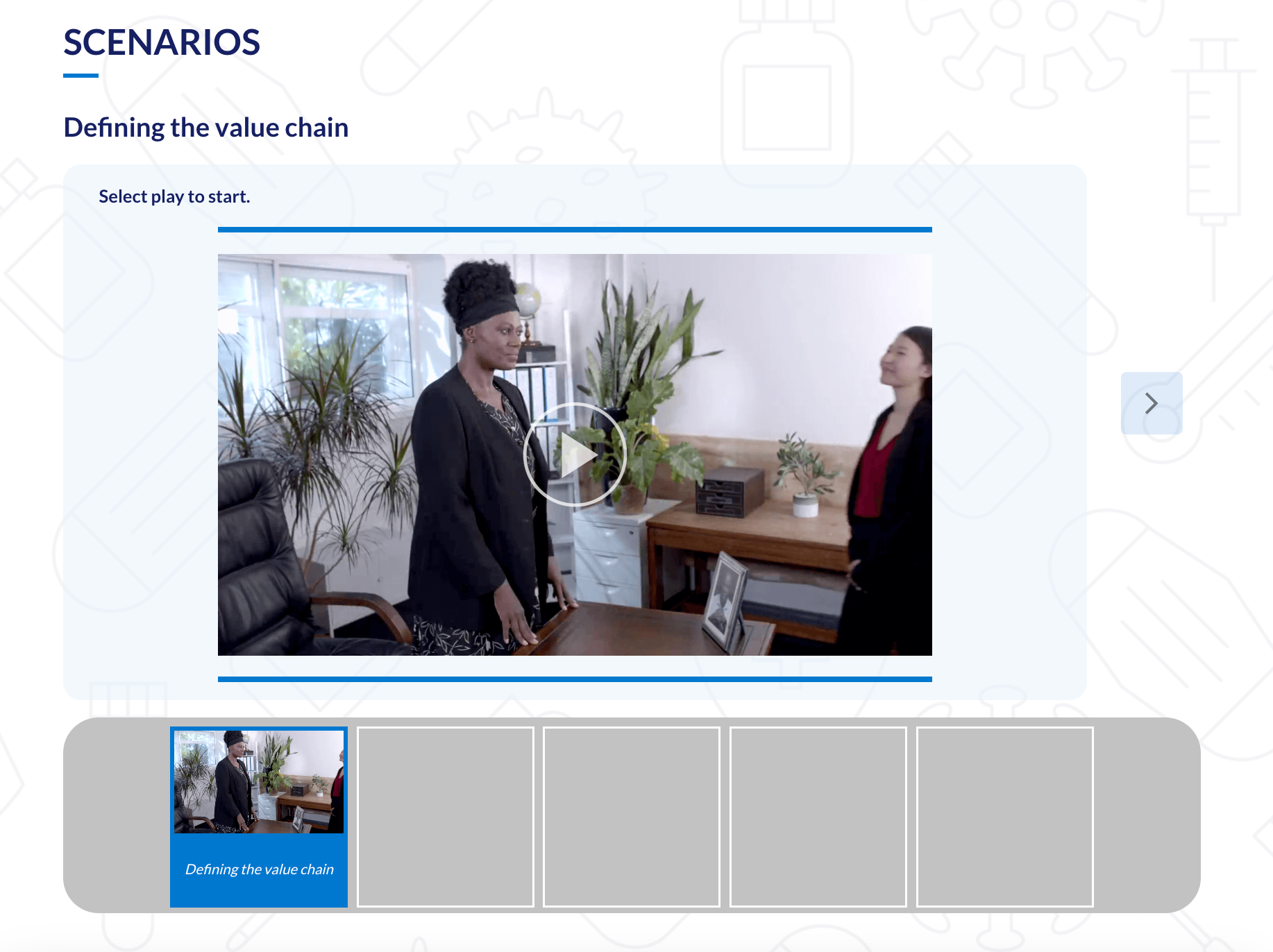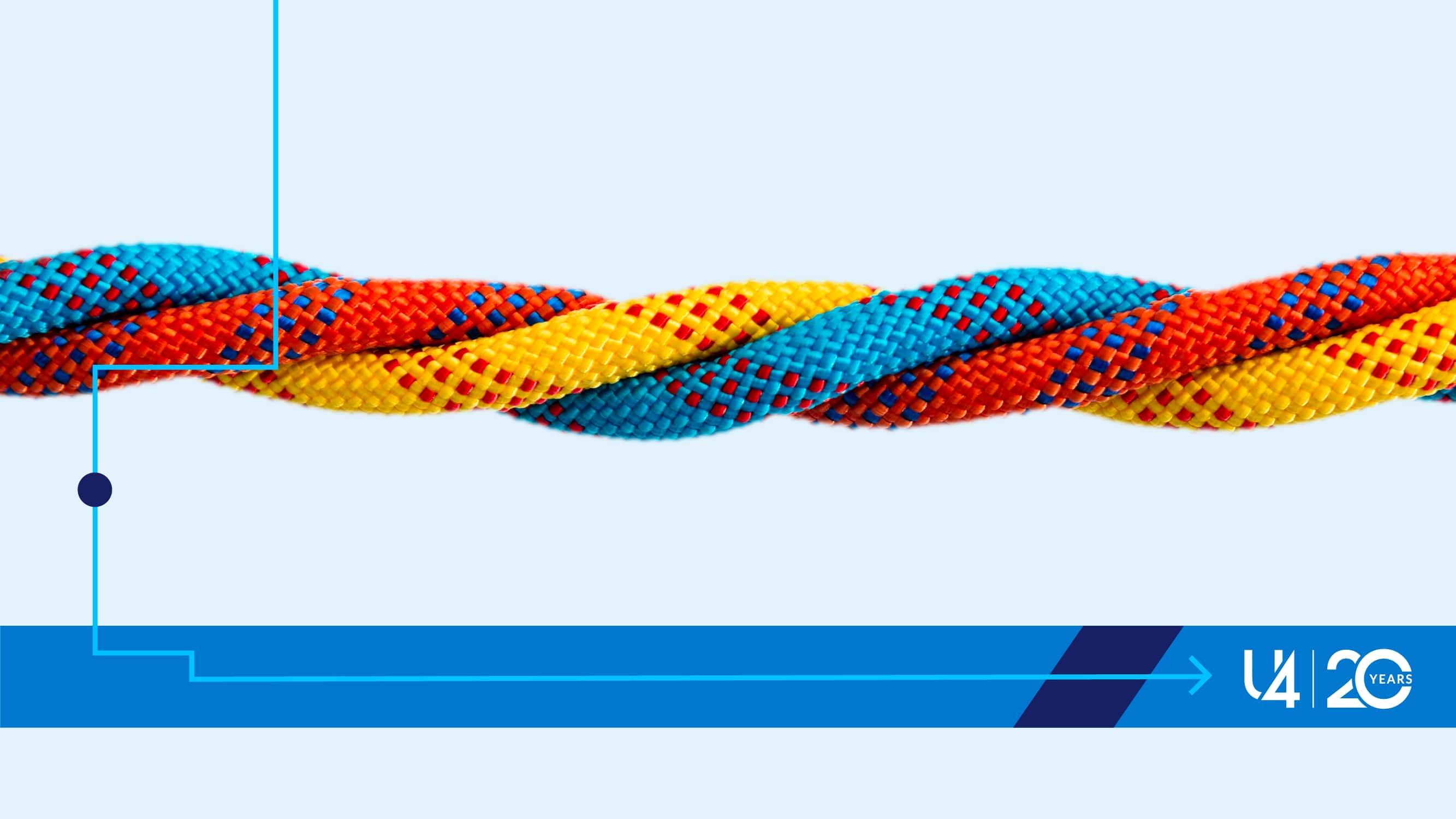Blog
Anti-corruption games: Learning how to face corruption challenges

Anniversary blog series
U4 staff and friends celebrate U4’s 20th anniversary with a blog series reflecting on developments and lessons learned in a world of ever evolving corruption challenges:
- U4 at 20: A quiet birthday at home with friends (across the world) – Peter Evans
- Specialised anti-corruption institutions: Measuring their performance and managing our expectations – Sofie Schütte
- The role of technology in anti-corruption: Dystopian reflections – Daniel Sejerøe Hausenkamph
- Strategic litigation and its untapped potential for anti-corruption – Sophie Lemaître
- The anti-corruption community should become more ‘tribal’ – David Jackson
- Corruption risk management in the aid sector: past, present, and the path ahead – Guillaume Nicaise
- Corruption is unaffordable for Latin America’s resurgent left: Democracy and lives are at stake – Aled Williams and Daniela Cepada Cuadrado
- Corruption is absent from the UN ‘World of Debt’ report – Daniela Cepada Cuadrado
- Anti-corruption games: Learning how to face corruption challenges – Guillaume Nicaise and Rachael Tufft
- a) Gender and corruption: What we’ve learned from 20 years of research (Part 1) – Ortrun Merkle and Ina Kubbe
b) Gender and corruption: Charting the course for the next 20 years (Part 2) – Ortrun Merkle and Ina Kubbe
Sign up to the U4 Newsletter to get updates, or follow us on Twitter | Linkedin | Facebook.
Innovative learning tools to help face corruption issues
Gamification can be a powerful tool for motivating learners and engaging audiences. It offers a spectrum of approaches, ranging from integrating game-like elements (eg points and rewards) into educational materials to creating fully interactive games.
Gamification can also be tailored to address various objectives, such as capacity building. For example, in ‘The good, the bad and the accountant’ participants develop awareness of the intricacies of corruption in local budgets, facing corruption as a systemic problem. As a local representative, be ready to face negative consequences when refusing corruption!
Simulations can be a powerful form of gamification for educational and training purposes. As they can replicate specific conditions, they provide an immersive learning experience, enabling participants to navigate real-life scenarios and make decisions without incurring adverse consequences. As an example, the UN Global Compact and the UN Office on Drugs and Crime have jointly created ‘The fight against corruption’ an e-learning tool comprising a series of interactive video simulations. The scenarios are designed to assist business officers in navigating six distinct risk scenarios, such as receiving gifts, avoiding facilitation payments, and engaging in lobbying.
Naturally, reality is inherently more intricate than the scenarios presented in games or simulations. In these virtual environments, situations are frequently intentionally polarised and simplified to ease understanding. Moreover, if games are played individually, with no space for group discussion or reflection, it is unlikely that they will modify social norms, nor the social behaviours and attitudes that prevail in a particular context. Nevertheless, we firmly believe that they can enhance knowledge retention pertaining to addressing corruption challenges and dilemmas, while also nurturing problem-solving skills.
As acknowledged by the OECD public integrity handbook, many public officials are now trained through board games, role plays, dilemma training, case studies, and simulations to reflect on ethical dilemmas, to learn better rules and procedures, and to connect with the integrity culture of their organisation.
The behaviours and attitudes that people display during games can also help in the assessment of corruption risks in the ‘real world’.
Learning about corruption behaviours and attitudes through games
A substantial body of academic literature focuses on bribery games. Through psychosocial laboratory experiments, these studies aim to isolate triggers, incentives, and causal effects related to bribery within the context of game settings. For instance, integrity games can be used to assess the effectiveness of integrity interventions in modifying behaviour, to highlight behavioural disparities across countries, or to explore reciprocity within bribery relationships.
Games also hold significant promise as tools for measuring bribery behaviour and attitudes, because decisions made during gameplay can be correlated with those made in real-life situations. For instance, the Amsterdam Leadership Lab has developed an integrity game named ‘Building docks’ to evaluate integrity risks in the workplace.
In this context, games and simulations serve as a bridge between the identification and assessment of integrity risks, while also facilitating the learning of effective problem-solving strategies. These are the objectives that we wanted to achieve with our own simulation.
Experience an immersive journey with our interactive film
Step into the shoes of a health portfolio manager working for a development aid agency in a fragile state during the rapid spread of a pandemic. Every decision you make carries weighty consequences. Are you ready for the challenge?
Screenshot: U4's interactive, scenario-based game takes 30 minutes

U4‘s scenario-based game takes you through a range of situations and dilemmas that may be vulnerable to corruption, allowing you to choose a path and learn along the way.
Our scenario-based learning game, available in both English and French, is designed to equip learners with the necessary skills to tackle low-level corruption head-on. Through short, engaging interactive films, learners are confronted with up to 15 carefully curated ethical dilemmas, such as gender-based violence, bribery risks, and procurement. In each situation, learners receive valuable advice and recommendations to prevent and mitigate corruption risks.
Our intention was not only to develop corruption awareness and skills for development practitioners, but also to show the delicate balance between upholding integrity, achieving tangible results, and fostering trust with partners – all while remaining fully compliant with anti-corruption policies.
We also kept in mind the important trade-off between providing valuable information and having fun! Knowledge retention is related to emotions and life experiences.
We are immensely grateful for the support extended to us by peer reviewers like Karen Hussman, our e-learning provider Walkgrove, and our colleagues.
In the spirit of reciprocity, we also wish to share insights on how you can embark on your own simulation development journey.
Developing your own simulation
If you think gamification is something for you, here are some steps to keep in mind.
- Define a clear objective and learning goals for your project. Make sure that the learning objectives are integrated effectively into the game. Balancing learning with ‘fun’ is crucial for success.
- Know your audience, and check their needs and preferences. The game must meet the learning objectives first. What is the knowledge gap you want to fill? What attitudes are you trying to influence?
- Define an intuitive and user-friendly interface. The game needs to be easy to use, visually pleasing and accessible to all audiences. For example, use subtitles with videos, use alternative text for images, and don’t hide text in a picture.
- Use storytelling. Compelling narratives can make serious topics more relatable and engaging.
- Test the game, especially with your target audience. Gather feedback and be open to making improvements based on user input.
- Reflect on ethical considerations, being mindful of the content and its presentation, and avoiding stereotypes. For instance, at U4 we work towards inclusive and gender perspectives. In our simulation, our actors are from different backgrounds, and all are women.
- Sustainability. Plan for the long term. The content should be easy to update.
- Allocate sufficient resources, including time and budget – this is an investment!
- Promotion and distribution. Develop a strategy for promoting and distributing the game to your target audience. Social media, websites, newsletters, and other relevant channels.
- Measurement and analysis. Define metrics to measure the game’s success in achieving its objectives. Check these metrics from time to time and use the analysis to update your game.
Disclaimer
All views in this text are the author(s)’, and may differ from the U4 partner agencies’ policies.
This work is licenced under a Creative Commons Attribution-NonCommercial-NoDerivatives 4.0 International licence (CC BY-NC-ND 4.0)


